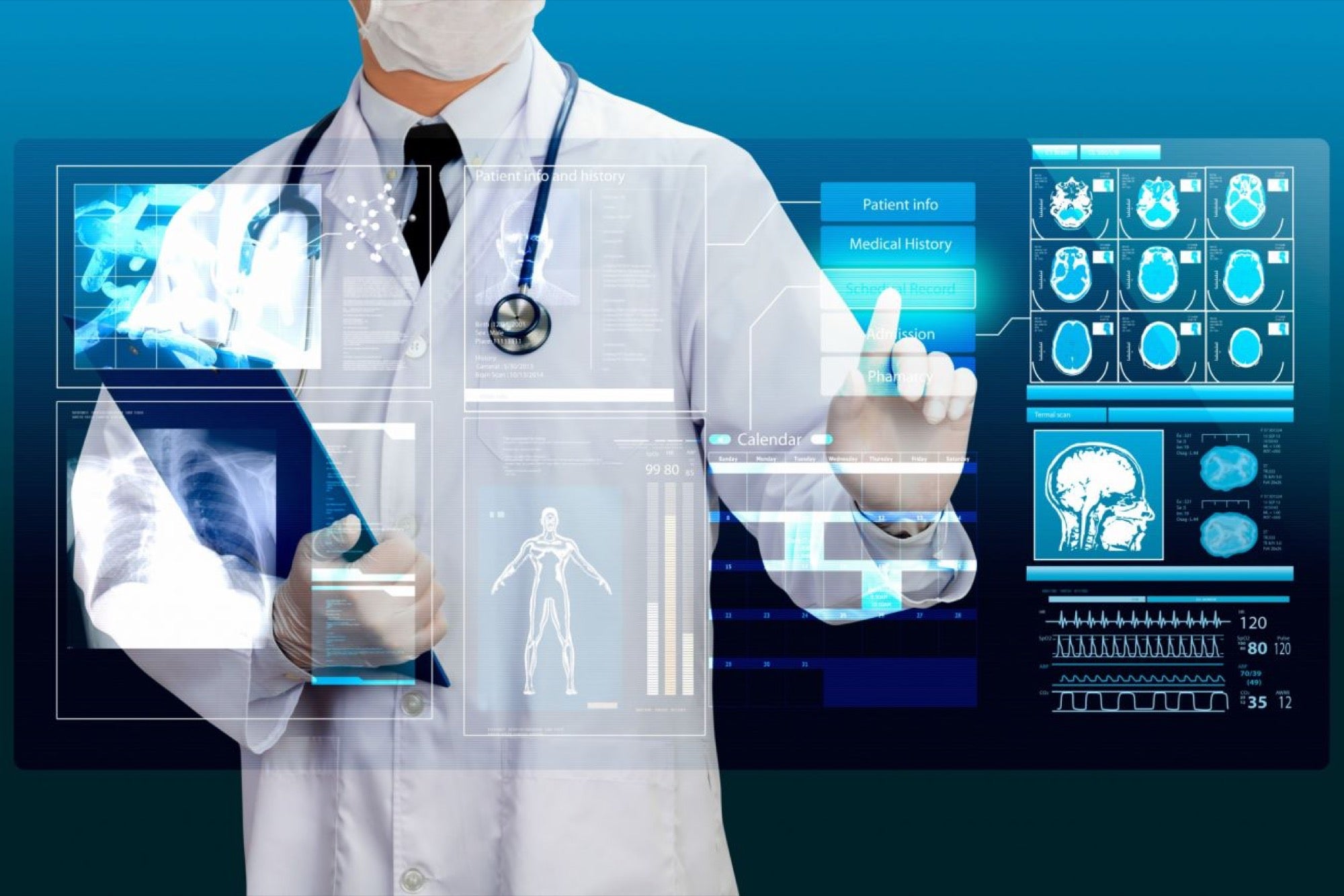How is Artificial Intelligence Impacting the Healthcare Industry? These healthcare machines can form a likely diagnosis and even suggest the appropriate course of action that should be taken
Opinions expressed by Entrepreneur contributors are their own.
You're reading Entrepreneur India, an international franchise of Entrepreneur Media.

Over the past few years, the world has witnessed some of the greatest medical advancements and technological innovations. The human race is set on the path to development that will lead to brightest of the future. Scientists and innovators around the world are coming with breakthrough discoveries and innovations in every field of life, especially the healthcare industry, medical research, and hospitals management. The days of pain-staking surgeries, long treatment procedures, limited resources, and techniques are long gone. With the advents in artificial development and the machine learning algorithms, medical research and healthcare industry have reached the epitome of development, creating a path for humanity to counter every disease and health issue.
Right from robot-assisted surgery, heart sound analysis, patient safety, and other treatments to clinical training, drug safety, drug manufacture, mining medical records, controlled study, and risk assessment in real-time systems, medical research have come out as the knight in the shining armor to save humankind from health ailments and turn them into super-humans.
Health care industry evolving with advanced technology
Researches were done by scientists and technologists in fields of nano-technology, genealogy, and healthcare industry are even evolving robotic learning systems that can concept mining complex based on AI and machine learning algorithms. These advanced systems are even able of natural language processing and image recognition for a controlled study of patients and further helps in the reduction of healthcare cost. Researchers along with scientists are coming up with new AI-powered devices that can accurately diagnose diseases. A controlled study has shown that AI learning systems are definitely making it easier for medical professionals to detect deadly diseases at an early stage.
Scientists are developing robots that are equipped with speech-recognition technology, knowledge-based systems, and natural language processing and sentiment analysis. These healthcare machines can form a likely diagnosis and even suggest the appropriate course of action that should be taken. Additionally, they can detect emotions on basis of Heart sound analysis, concept mining complex, risk assessment, and controlled study to engage in an empathetic conversation with patients. Apart from the hospitals and consultations, technology and robotics are going to play a crucial role in drug manufacture, quality control, drug safety, and drug marketing. Keeping patient knowledge-based systems at the centre of development process drug efficacy is another target, healthcare industry aim to achieve.
Albeit artificial intelligence and machine learning is growing rapidly, it is yet to reach new heights. Patient safety is the utmost priority for clinicians and hospitals, and they are taking every possible step to ensure health care in the Real-Time.










